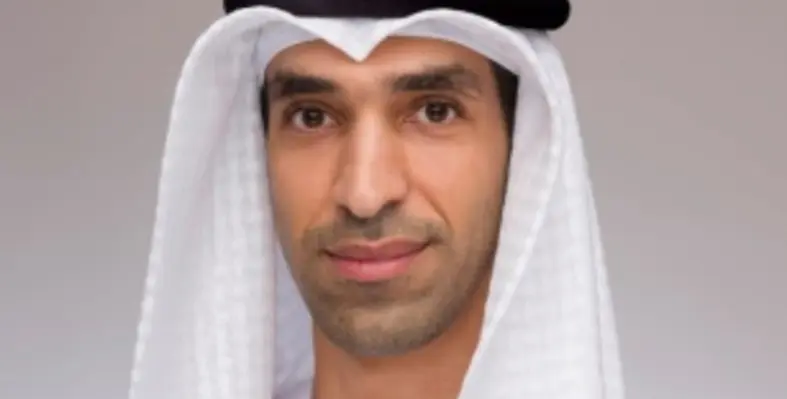With the UAE being one of the most arid nations in the world, supply of clean, accessible water is critical for sustainable development and indispensable for human health, well-being and prosperity across the region, said Dr Thani bin Ahmed Al Zeyoudi, minister of climate change and environment in the UAE
According to Al Zeyoudi, the UAE?s population has grown from less than one million people in the 1970s to more than nine million till the date. This is mainly due to rapid industrialisation and dramatic levels of economic and social development, thus formidably increasing the demand for water.
?Alarmingly, our consumption levels remain among the highest in the world. Currently, water is rationed to 50 litres per capita per day. At the same time, in the UAE, we use 550 litres per capita per day ? more than 10 times the allowance for a person in Cape Town, and more than double the world average,? he noted.
Recently, Sheikh Mohamed bin Zayed Al Nahyan, Crown Prince of Abu Dhabi and deputy supreme commander of the UAE armed forces, articulated that water is an even more important resource for the UAE than oil.
Therefore, the country is exploring ways to adopt a smart water management system for the region. The UAE has instituted mandatory green building codes to cut energy and water consumption by more than 33 per cent in new buildings.
Buildings in Masdar City are designed to consume 54 per cent less water than average buildings do in the UAE. In addition, 75 per cent of the hot water requirement is provided through thermal receptors fixed on rooftops. The use of water for irrigation, likewise, has been reduced by 60 per cent through leveraging an efficient sprinkler system and innovative landscaping methods.
The Dubai Electricity and Water Authority (DEWA) is a major contributor to the UAE?s strategy towards water security. Some of the major initiatives of DEWA include the conservation Award, which raised awareness of the importance of water rationing among educational institutions? staff and students, leading to a cut-down of their water use by 1.4bn gallons in 11 years. DEWA has also developed a smart system for remotely monitoring the water distribution network and detecting any defects and leaks, thus enhancing a smart water management for the region.
Among the major areas in which the UAE has registered significant success is the country?s effort in raising awareness of water consumption trends and the use of water in agriculture through consumer education. An example of this is the phasing-out of Rhodes grass, which is a highly water-intensive feed crop estimated to account for around 60 per cent of agricultural water use and more than 30 per cent of the total water consumption in the UAE. R&D projects are underway to increase agricultural productivity while reducing water consumption. These include the introduction of greenhouses, sub-surface irrigation and hydroponics etc.








